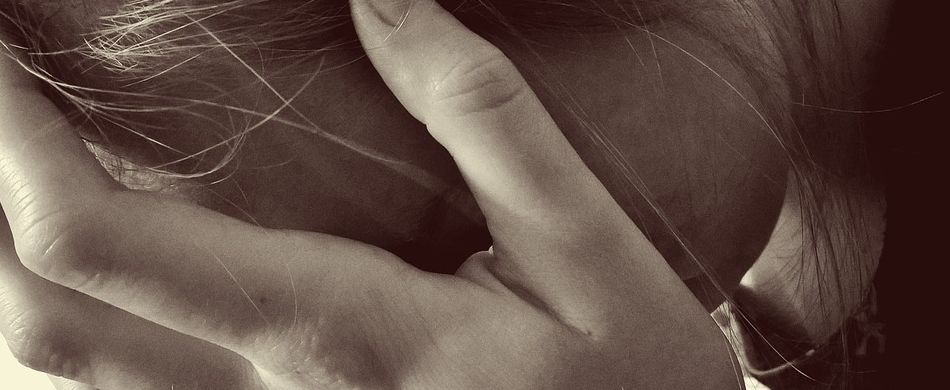Self Priority
Dear friar Rick: In a few months a man who has almost finished serving a mere 5 years in jail for rape will be released. His victim was me, the person now writing to you. I cannot tell you the amount of internal, psychological damage this man has done to me. I was 18 at the time, and I had a romantic, idyllic vision of life. Now all that is gone, and a dark shadow has fallen over everything – my relationship with men has also suffered as a result, and I still do not have a boyfriend. So while that man is leaving jail to start a new life, my inner scars are still festering. This man has written to me several letters from jail, apologizing for his deed, but I have always refused to answer them, especially because I suspect he wrote them only to feign remorse, and thus secure an earlier release, which he has, in fact, succeeded in obtaining. This man has just sent me another letter, pleading for a short encounter after he is freed so that he can personally apologize. He claims that he is now a changed man, and that he converted to Christianity while in jail. In the letter he also promises that, once he gets a job, he will try to make amends by sending me regular monetary compensation. Is this man worthy of forgiveness? I also fear that the encounter may revive the trauma of the experience. What should I do, Friar Rick?
You must be an amazing and strong woman to be able to have lived through this horrible experience and to now be entertaining this idea called ‘reparative justice’. This approach to justice seeks not just to punish the offender, but to offer both offender and victim the opportunity for healing through honest dialogue, repentance and a change of life. Although very laudable and in line with our Catholic faith, which tells us that everyone has the possibility of redemption, I would proceed very, very carefully. One of the important aspects of sexual assault crimes is that although they include a sexual component, they are primarily a crime of power. This crime is perpetrated by people who need to feel powerful by dominating another person and terrorizing them. The psychological assault can be just as seriously damaging as the physical violence. These perpetrators are often experts at playing mindgames, and I would hate for you to be further hurt by this man. I assume that you have sought and obtained counseling to help you process and recover from this experience. For although you were the victim of a crime, this does not define who you are as a person. You are not a victim. You have the power to heal and to thrive. You deserve to get the support of a professional counselor to assist you in that journey. I suggest that you use the council of this person to determine how to move forward and whether to consider any kind of further contact with the offender. In the meantime, I would reject all contact from that person and definitely not consider any kind of reconciliation. You need to focus on your own healing and leave the convict to the mercy of God. If, after therapy, you feel it will help you to engage in reparative justice, then you could proceed. But do not rush into this. The first priority is you.
Dear friar Rick: I’m a religious Sister and quite a bit overweight. I’ve decided to work on my health and have joined one of the better weight loss programs. They are teaching me to eat a variety of types of food, in moderation and throughout the day. It’s actually working and I feel great. The problem is that my convent has decided on a few practices during certain liturgical periods (like Lent) that were very limiting. Because of them I’m having trouble eating well. What should I do seeing we often have fasts and restrictions?
Congratulations on deciding to take care of yourself. It sounds like you have found a balanced approach to weight loss. I think it is imperative that you speak honestly with your Sisters about your needs. Obesity is a medical problem which must be monitored by a qualified doctor. You need to have the discretion to make choices that assist you. Certainly you can be creative in your food choices for replacing meat at times. But the frequency and quality of the food (high protein, low carbs) should be followed according to your weight loss plan.
This article is offered for education al purposes. It should not be seen as a substitute for obtaining counselling.



